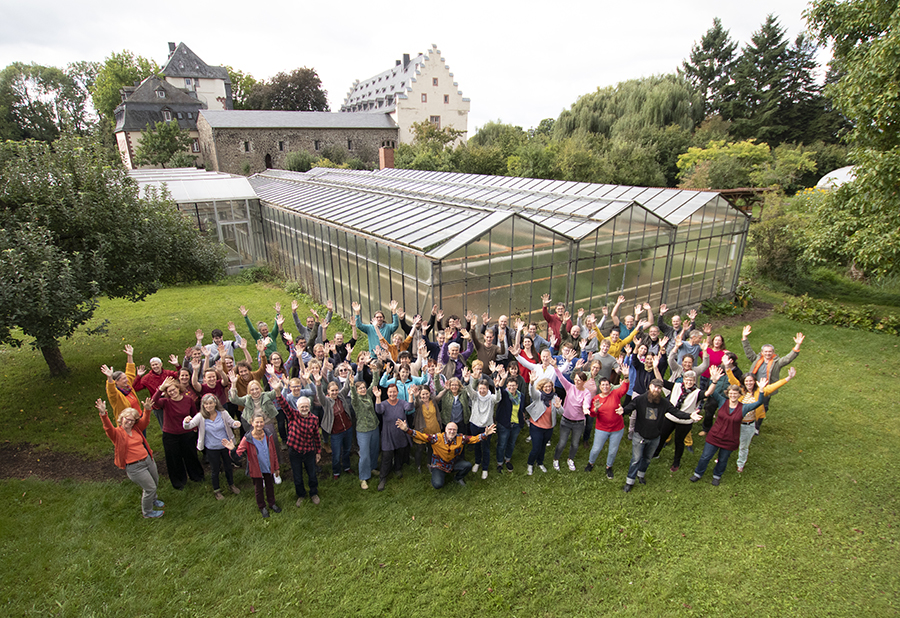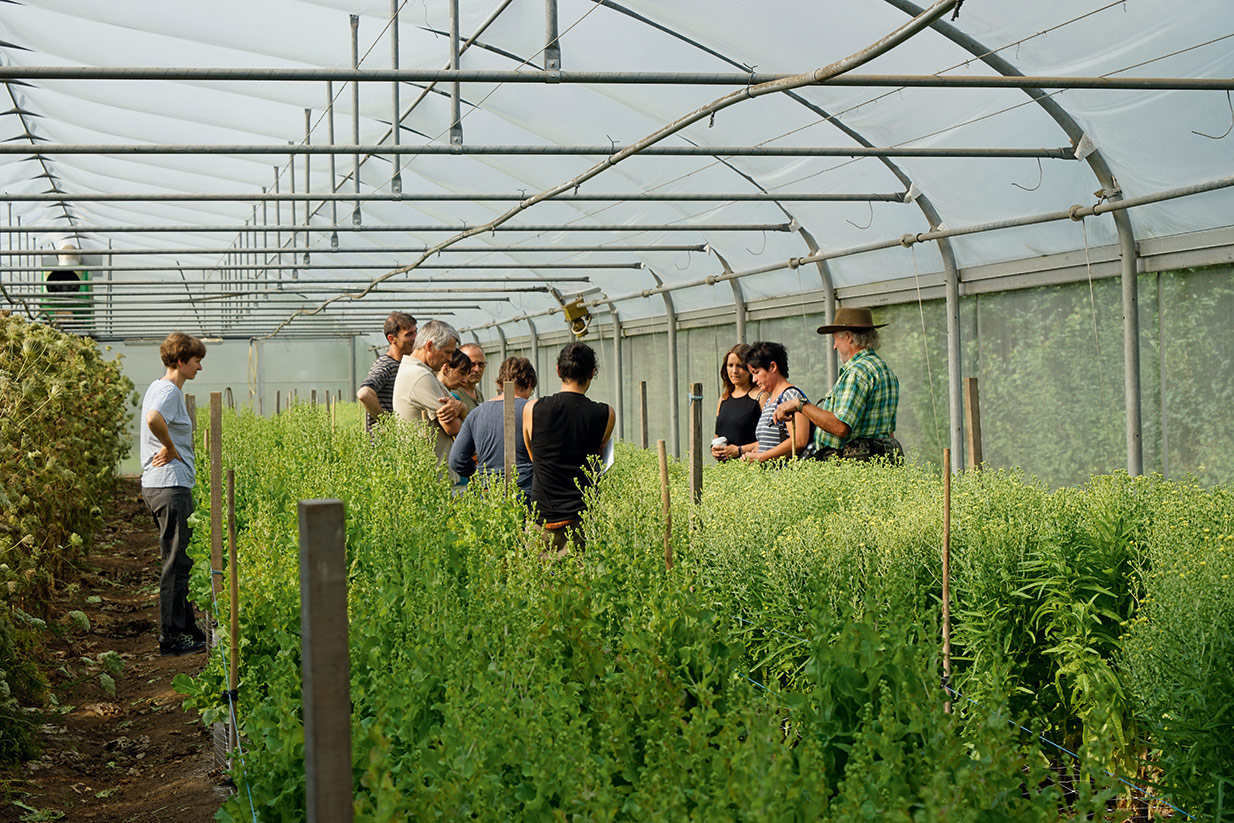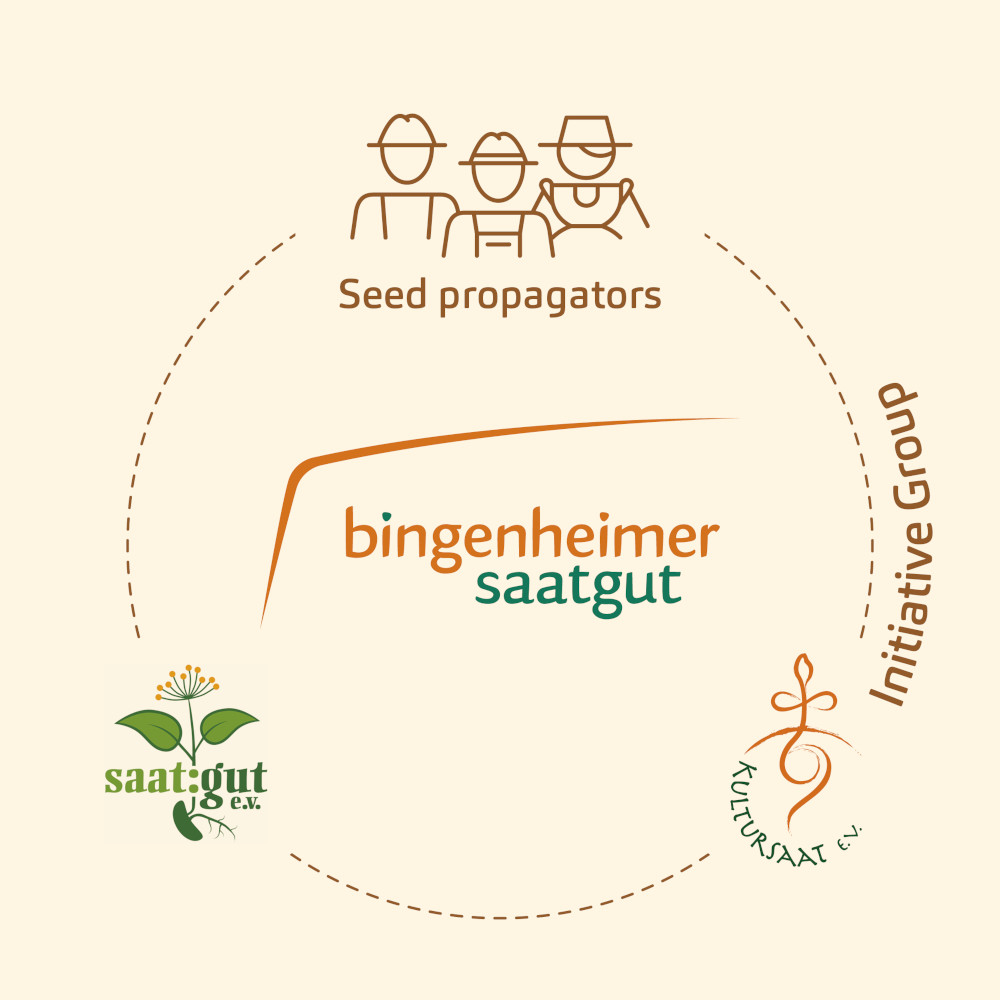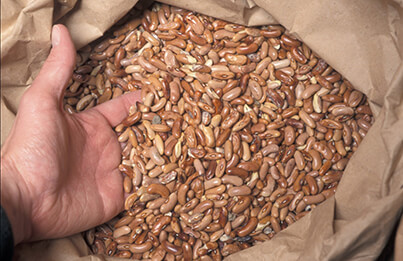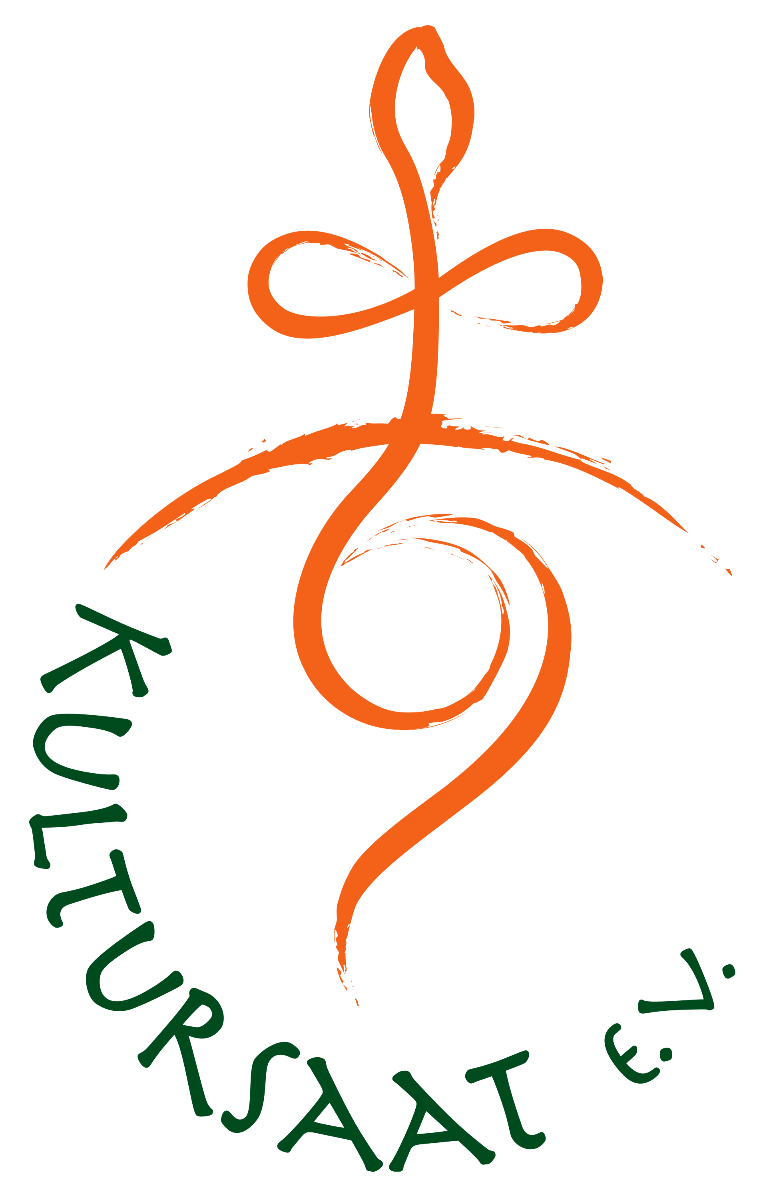You are currently seeing the hobby gardeners view
Select professional grower for larger quantities and prices excluding VAT
You are currently seeing the hobby gardeners view
If you are a professional grower or specialised reseller and require prices excluding VAT, please adjust your view via the Settings menu.

